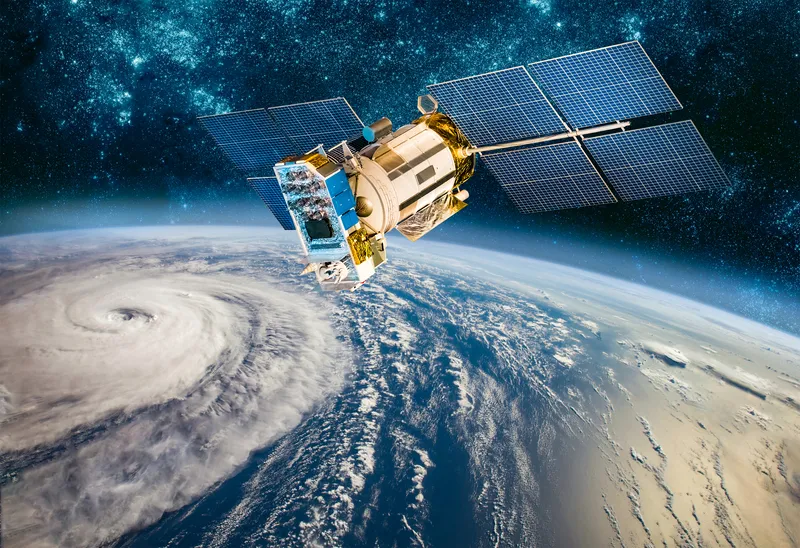The French court of Auditors has found that the European satellite navigation programmes, Galileo and EGNOS (the European Geostationary Navigation Overlay Service), the European satellite navigation programmes, will cost the EU more than US$14 billion over the period 1994-2020, says Euractiv. The delayed projects were originally allocated a budget of US$5 billion, according to the auditors.
Galileo will cost a total of US$11 billion. Half of this amount had already been spent by the end of 2013.
The C
February 3, 2016
Read time: 2 mins
The French court of Auditors has found that the European satellite navigation programmes, Galileo and EGNOS (the European Geostationary Navigation Overlay Service), the European satellite navigation programmes, will cost the EU more than US$14 billion over the period 1994-2020, says Euractiv. The delayed projects were originally allocated a budget of US$5 billion, according to the auditors.
Galileo will cost a total of US$11 billion. Half of this amount had already been spent by the end of 2013.
The Court of Auditors blamed this spiralling cost on "a combination of technical setbacks, but also inadequate project management". Equally, the cost of making EGNOS operational, at US$765 million, is double the initial estimate.
When the programme was approved by the Council in 1999, Galileo’s planned date for becoming operational was in 2008. Today, 16 years after its launch, the project is scheduled for completion in 2021; a delay of 13 years. EGNOS, which currently works with the existing American GPS service, suffered six years of delays but was declared operational in 2009.
The Court of Auditors called on Europe to increase efforts to commercialise satellite services at both a national and a European level, to rectify the "modest" promotion of civil applications for the new tool.
"The success of the new European infrastructure relies on the effective promotion of its potential uses, focussing on its advantages compared to GPS (the established American competitor): signal authentication, high accuracy and faster connection times," the auditors stated.
The global market for products and services linked to the satellite navigation is exploding, with growth of up to 30 per cent per year, according to the European Commission. But the existence of GPS as a free competitor, which does not offer a commercial service, has forced the Galileo operators to "reduce their predictions for commercial revenue".
It is currently estimated that 6-7 per cent of the Union's GDP relies on satellite navigation. On top of geo-location applications, satellite navigation systems enable the synchronisation of networks that are essential to the economy (communication, transport, data transmission, etc.).
Galileo will be able to host these applications on either its open (free) service or its commercial service.
Galileo will cost a total of US$11 billion. Half of this amount had already been spent by the end of 2013.
The Court of Auditors blamed this spiralling cost on "a combination of technical setbacks, but also inadequate project management". Equally, the cost of making EGNOS operational, at US$765 million, is double the initial estimate.
When the programme was approved by the Council in 1999, Galileo’s planned date for becoming operational was in 2008. Today, 16 years after its launch, the project is scheduled for completion in 2021; a delay of 13 years. EGNOS, which currently works with the existing American GPS service, suffered six years of delays but was declared operational in 2009.
The Court of Auditors called on Europe to increase efforts to commercialise satellite services at both a national and a European level, to rectify the "modest" promotion of civil applications for the new tool.
"The success of the new European infrastructure relies on the effective promotion of its potential uses, focussing on its advantages compared to GPS (the established American competitor): signal authentication, high accuracy and faster connection times," the auditors stated.
The global market for products and services linked to the satellite navigation is exploding, with growth of up to 30 per cent per year, according to the European Commission. But the existence of GPS as a free competitor, which does not offer a commercial service, has forced the Galileo operators to "reduce their predictions for commercial revenue".
It is currently estimated that 6-7 per cent of the Union's GDP relies on satellite navigation. On top of geo-location applications, satellite navigation systems enable the synchronisation of networks that are essential to the economy (communication, transport, data transmission, etc.).
Galileo will be able to host these applications on either its open (free) service or its commercial service.









